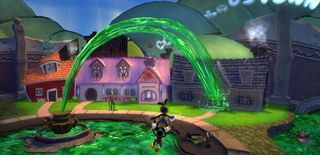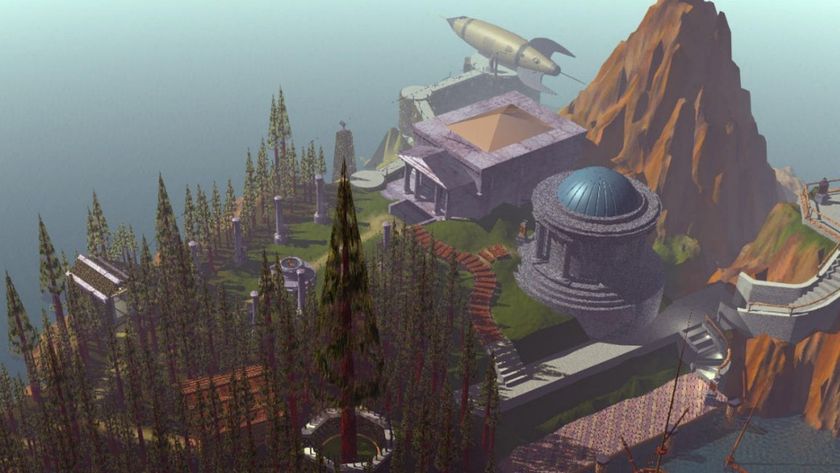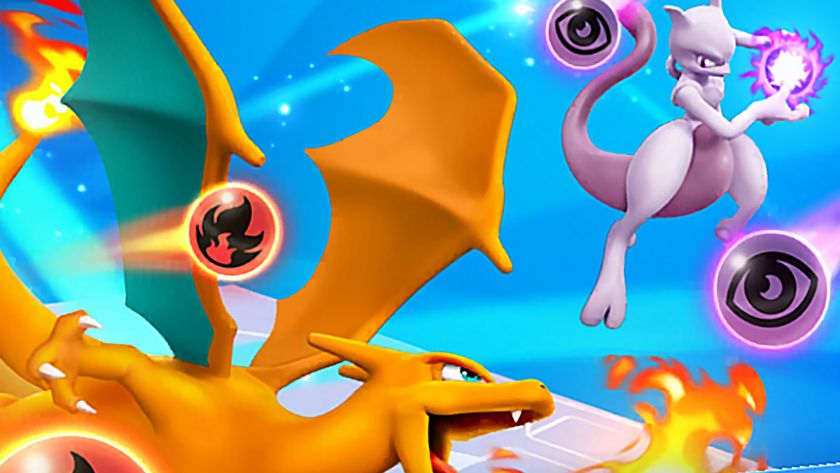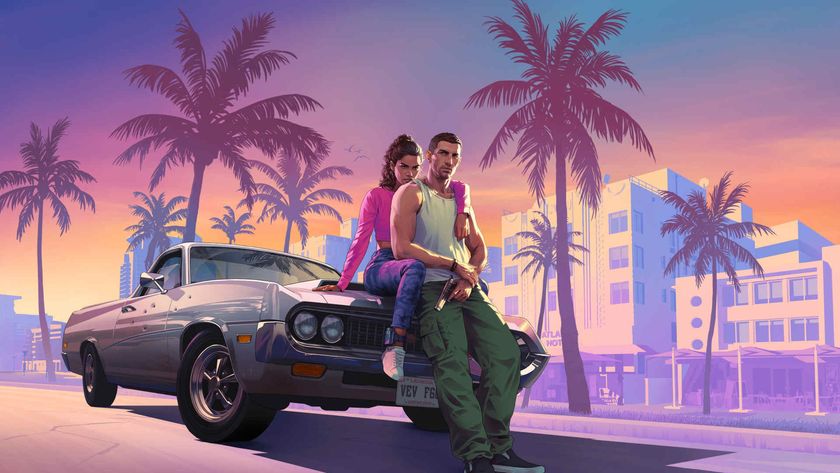An Interview with Warren Spector
"We are in a golden age, but make no mistake, it’s scary as hell."
It is a medium that can do anything, but perhaps violence is often a shortcut to an experience that looks good on a grand stage. Big explosions and big action looks good. But gaming can do much more.
And we do. It’s not that we don’t do it. I personally would love to shame everybody in this business into never making a game like that again. But I don’t have that power. No one should have that power. But I want the guys making those games to think twice about it. I mean, do we really need slow-motion blood sprays? Do we really need characters defined by rape? Do we really need that? Come on, guys, we can be more creative than that.
Which makes games like Epic Mickey stand out all the more, for their colour and fun and diversity. I mean, it seems that games, for a while now, in an effort to be taken seriously as a medium, have taken themselves too seriously. They demand heft and weight, rather than offer themselves to be experienced and enjoyed.
Well, there are a couple of things to sort of amplify or expand on that. One was, when I first started working on Disney Epic Mickey - this is even true when we were working on some of the other stuff - I was just so tired of going to E3 and asking myself “is this the year where everything’s going to be grey, or where it’s blue?” I love Michael Mann’s movies, and I’ve met him and he’s an incredibly smart guy, but he kind of brought that monochromatic cool factor to movies, and man, everybody started ripping it off. I just said, look, we’re going to be at E3 in a couple of years, and whatever we’re working on, whether it’s a fantasy game or science fiction or a cartoon game, we’re going to have like 15 seconds where someone runs past our booth, 15 seconds for them to see our screen. I want them to know instantly that they’re not looking at anyone else’s game - they’re looking at our game. So that was one of the things that I felt was really important - we make something that’s different.

And then, when I started working on Disney Epic Mickey, one of the early things that happened was astonishing. I got to meet with John Lasseter from Pixar, and he said “at Pixar, we make entertainment for everyone.” And I just said “Wow. Why can’t a game aspire to that too?” That’s a pretty good thing, even if you fail. And so I wanted to make something that would appeal to kids and adults equally. Differently, but equally, in the same way that classic Disney films and Pixar films do. Warner Bros. cartoons - same thing. Kids love them, adults love them. Why can’t we do that?
Just last week we had a company meeting, as we were coming off the heels of E3. I was saying to my team, the thing I was most proud of was, some people are going to love what we do and some people are going to hate what we do. Some people loved the first game, some people hated the first game. But no one, whether you liked it or not, no one can look at Disney Epic Mickey and Disney Epic Mickey 2 and say it looks like, sounds like, plays like, or feels like any other game. And I love that.
"I don’t care if publishers like me or not. I know what I want to do."
So how do you do an elevator pitch to get parties interested in your idea? How do you relate a totally unique concept without falling back on a Game X meets Game Y description?
Sign up to the GamesRadar+ Newsletter
Weekly digests, tales from the communities you love, and more
Oh god, I don’t do elevator pitches. I am so bad at that. Some publishers call it the bullseye, some people call it the design pyramid, some people call it the elevator pitch. Everybody wants the one-sentence description, but I suck at that. I don’t even bother. I just say, I make the games I want to make. I make ‘em the way I want to, and if you don’t like it I’ll go open a bookstore or whatever.
But surely freedom to make the games you want to make has to be earned?
I’ve been very lucky. I don’t want to claim that I haven’t been the luckiest guy in the game business, but... I was like this when I was five years old. I understand who I am - I don’t care if publishers like me or not. I know what I want to do. And if they don’t want to do it, someone else will, and if they don’t, I’ll go back and write novels again. Whatever. I want to write comic books so bad - and in fact I got to do that last year. “Oh no, someone isn’t going to fund my game.” Whatever. My obligation is to sell one more copy than I need to - that’s my only obligation to you, Mr Publisher. And if you don’t want to fund it, don’t fund it - I’m not going to make you give me money. You’re all adults, just decide if you want to do it. And so I just say, here’s what I want to do, do you want it or not? But I’m very bad at elevator pitches - my elevator pitches are usually two to four pages long. And if you’re not willing to read that, we’re probably not going to get along very well anyway.













